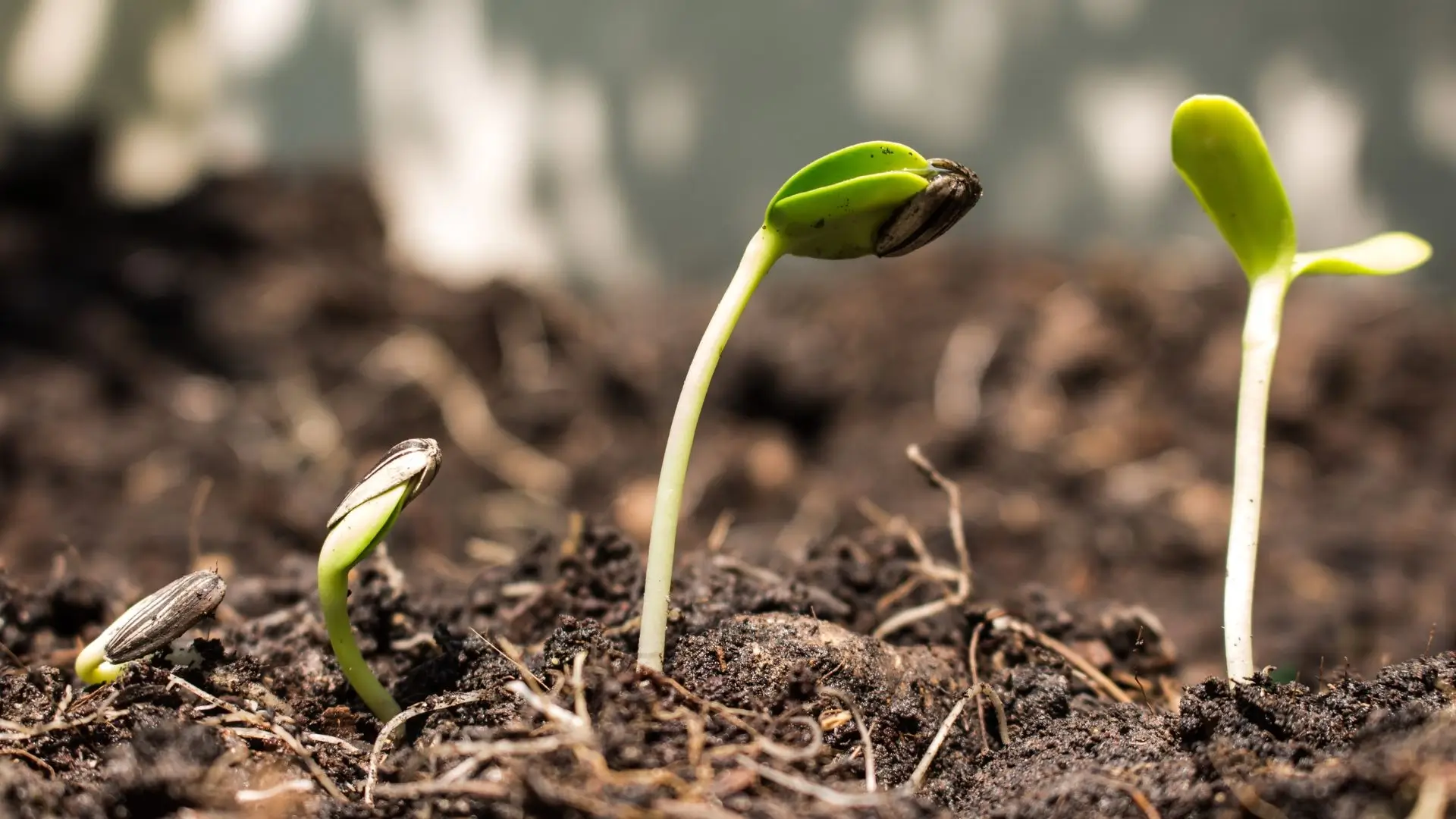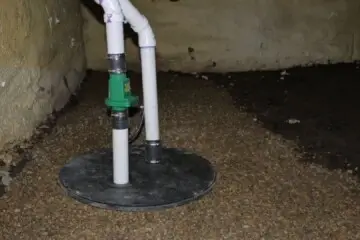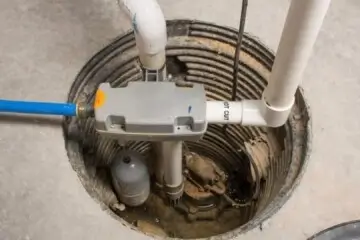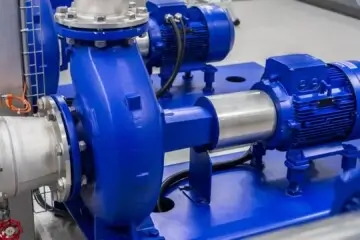Traditional salt-based water softening, such as the ones we install, effectively reduces minerals but has negative impacts on ecosystems. The process requires energy for resin recharge, leading to environmental consequences. Soil health and plant life are adversely affected by the discharge of sodium chloride. On the other hand, alternative salt-free softeners can help reduce environmental impact, waste, and byproducts. High concentrations of salt harm water ecosystems and soil quality. To mitigate these issues, it is important to reduce reliance on salt and adopt more eco-friendly water softening methods. For more information on sustainable softening solutions and environmental protection, feel free to reach out.
Contact CAN Plumbing and Drainage for your Water Softener Needs
For expert solutions to your water softener needs, reach out to CAN Plumbing and Drainage in Mississauga. Hard water, which contains high levels of minerals, can cause issues for your plumbing system and appliances. Installing a water softener can help by removing these minerals from the water supply. Salt-based water softeners are a popular choice for effectively reducing water hardness. CAN Plumbing and Drainage in Mississauga specializes in installing and maintaining water softeners to ensure your plumbing system and appliances stay in top condition. Contact us to meet your water softening needs with efficiency and expertise.

CAN Plumbing and Drainage Services Related to Water Softeners
At CAN Plumbing and Drainage in Mississauga, we specialize in a variety of services for water softeners. Our expert plumbers in Mississauga includes new sump pump installations, replacements, backups, and repairs. Whether you require a new system installed or maintenance on an existing one, our team is fully equipped to handle all your water softening needs efficiently.
New Sump Pump Installations
Installing a new sump pump is a crucial step in ensuring effective plumbing and drainage services for water softeners in residential and commercial settings. When utilizing salt-based water softeners, it’s important to consider the environmental impact. These systems operate by exchanging sodium ions for hard water minerals during regeneration cycles, resulting in soft water. However, the excess sodium discharged during backwashing can harm the environment if not properly managed. A sump pump plays a key role in preventing flooding in basements, where water softeners are often located, protecting the equipment and maintaining efficient plumbing operations. By diverting water away from the foundation, the sump pump contributes to a healthier indoor environment and extends the lifespan of water softening systems.

New Sump Pump Replacement
When it comes to maintaining plumbing and drainage systems related to water softeners, the replacement of a sump pump is a crucial aspect that guarantees efficient operation and environmental responsibility. When considering a new sump pump replacement, it is essential to choose a model that aligns with water softening requirements to minimize the environmental impact. The installation of a new sump pump can greatly improve the overall efficiency of the water softening system, ensuring that water is properly drained and processed. By upgrading to a new sump pump, the water softening process can operate smoothly, reducing wastage and potential environmental harm. Proper maintenance and timely replacement of sump pumps are essential steps in promoting sustainable water softening practices that benefit both the system’s efficiency and the environment.
Sump Pump backup
Implementing a sump pump backup system is a crucial component of plumbing and drainage services associated with traditional salt-based water softeners. This ensures uninterrupted operation and helps prevent potential water damage. Sump pump backups are essential to prevent excess water from the softening process or environmental factors from flooding the area. By maintaining water quality and preventing damage to the system, homeowners can address hard water challenges that may disrupt the ion exchange process in salt-based systems. This disruption can lead to increased wear on the water softener and potential leaks. Having a reliable sump pump backup in place helps safeguard the water softening system, reducing the environmental impact of water damage and promoting efficient operation.

Sump Pump Repair
Maintaining the proper functioning of a sump pump is crucial for the upkeep of water softening systems, especially in addressing issues related to water damage and drainage within plumbing systems. When a sump pump stops working correctly, it can result in water accumulation in basements or crawl spaces, leading to damage to the salt-based water softener and affecting its performance. Timely repair of a sump pump is essential to prevent environmental concerns such as the release of excess sodium ions into wastewater and the potential contamination of water sources. By promptly addressing sump pump issues, homeowners can uphold the effectiveness of the ion exchange softening process, ensuring the removal of hard water minerals and enhancing overall water quality in their homes.
Energy Consumption in Softening Process
Minimizing energy consumption during the water softening process is crucial for improving operational efficiency and reducing environmental impact. In traditional salt-based water softening, energy is mainly used in two key stages: regeneration and rinsing. Regeneration involves flushing the resin tank with a salt solution to recharge the resin beads, requiring electricity to power the system. Rinsing is necessary to eliminate excess salt and impurities, consuming additional energy. The integration of energy-efficient technologies, such as high-efficiency valves and sensors, can assist in reducing energy consumption during the softening process. Moreover, optimizing the timing and frequency of regeneration cycles can also contribute to energy savings. By prioritizing energy efficiency in water softening operations, we can minimize the environmental impact linked to excessive energy consumption.
Effects on Soil and Plant Life
The discharge of softened water into the environment through traditional water softening methods can have adverse effects on soil and plant life. Salt-based softeners, commonly used in these systems, release high levels of sodium chloride into the wastewater. When this effluent seeps into the soil via drainage systems or septic tanks, it can disrupt the ecological balance of the ecosystem. The accumulation of excessive sodium in the soil can lead to reduced soil permeability, impacting plant root development and overall plant health. Moreover, the high salt content can disrupt the water balance in the soil, potentially causing dehydration in plants. In severe instances, groundwater contamination may occur, posing risks to both soil quality and plant life in the affected areas.

Alternative Eco-Friendly Softening Solutions
Exploring sustainable alternatives to conventional water softening methods is crucial in mitigating environmental impact and promoting eco-friendly practices. Salt-free water softeners have gained popularity as environmentally friendly solutions compared to salt-based systems. Salt-free softeners use template-assisted crystallization or electromagnetic waves to alter the structure of minerals, preventing them from sticking to surfaces. Unlike salt-based softeners that discharge brine into waterways, salt-free systems produce no harmful byproducts. The advantages of salt-free systems include lower maintenance costs, reduced water wastage, and no need for salt replenishment. These effective water treatment solutions offer a promising way to soften water without harming the environment, making them a preferable choice over traditional softeners that are known to be detrimental to ecosystems.
Environmental Impact of Salt-Based Softeners
Given the growing concerns about the environmental impact of conventional water softening methods, it is essential to examine the specific issues associated with salt-based softeners. Salt-based softeners operate by substituting calcium and magnesium ions with sodium ions to soften water. However, this process leads to an elevation in sodium levels in the water supply, which can impact water quality. Excessive use of salt in water softening can also pose health risks for individuals on sodium-restricted diets. The environmental consequences of salt-based softeners include the release of brine into water systems, which can negatively affect aquatic life and vegetation. It is crucial to consider these factors when assessing the overall sustainability of salt-based water softening techniques.
Salt Discharge Into Water Systems
Discharging salt into water systems from salt-based softeners can have detrimental effects on aquatic ecosystems and vegetation. When salt-based softeners regenerate, they release sodium ions into wastewater, eventually reaching water bodies. Elevated sodium levels in water systems can harm aquatic organisms and disrupt the balance of the ecosystem. High salt concentrations can also affect water quality, making it unsuitable for consumption by humans and livestock. Additionally, the presence of excess salt can lead to soil degradation and negatively impact vegetation near water sources. To mitigate the environmental impact of salt discharge from traditional softening methods, alternative water treatment technologies like desalination or using potassium chloride as a softening agent should be considered.
Frequently Asked Questions About Sump Pumps Near Me
Can Traditional Salt-Based Water Softeners Be Harmful to Human Health if Consumed in Drinking Water?
It’s important to consider alternative water softening methods for safe consumption because traditional salt-based water softeners can have harmful effects on human health if consumed in drinking water. Excessive sodium intake from these water softeners can contribute to health issues such as high blood pressure.
How Does the Use of Salt-Based Water Softeners Affect the Biodiversity of Aquatic Ecosystems?
The use of salt-based water softeners can have a negative impact on aquatic ecosystems due to the increase in salinity levels. This disrupts the delicate balance of aquatic life, leading to a decrease in biodiversity. Therefore, it is crucial to consider eco-friendly alternatives to minimize these harmful effects on the environment.
Are There Any Regulations in Place to Control the Amount of Salt Discharged Into Water Systems From Water Softeners?
Regulations are in place to control salt discharge from water softeners in order to protect water systems. These rules restrict salt levels in discharged water to safeguard aquatic ecosystems. Adherence to these measures is crucial to minimize environmental harm caused by excessive salt concentrations.
Can the Salt Discharged From Water Softeners Have a Negative Impact on Local Wildlife Populations?
The salt discharged from water softeners can significantly impact local wildlife populations by altering the salinity levels in water bodies, leading to disruptions in aquatic ecosystems. It is crucial to regulate salt discharge to mitigate harm and protect wildlife.
How Does the Energy Consumption of Traditional Salt-Based Water Softeners Compare to Alternative Eco-Friendly Softening Solutions?
When considering energy consumption, traditional salt-based water softeners generally require more electricity than their eco-friendly counterparts. Being aware of these differences can help us select efficient and sustainable water softening solutions that are beneficial for both our needs and the environment.
Please rate our website
Let us improve this post!
Tell us how we can improve this post?


